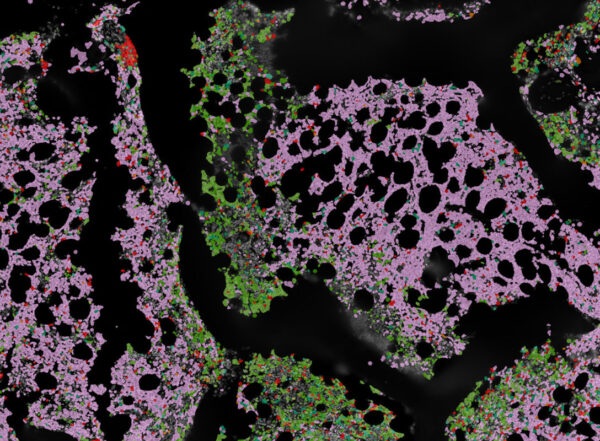Pregnant women’s high-fat, high-sugar diets may affect future generations
Obesity can predispose offspring in multiple generations to metabolic problems
 Thinkstock
ThinkstockA mouse study by researchers at Washington University School of Medicine in St. Louis suggests that a pregnant mother's high-fat, high-sugar diet may have consequences for later generations. The study indicates that a woman's obesity can cause genetic abnormalities that are passed through the female bloodline to at least three subsequent generations, increasing the risk of obesity-related conditions.
New research suggests that mothers who eat high-fat, high-sugar diets can predispose multiple generations to metabolic problems, even if their offspring consume healthy diets.
While other studies have linked a woman’s health in pregnancy to her child’s weight later in life, a mouse study at Washington University School of Medicine in St. Louis is the first to indicate that even before becoming pregnant, a woman’s obesity can cause genetic abnormalities that subsequently are passed through the female bloodline to at least three generations, increasing the risk of obesity-related conditions such as type 2 diabetes and heart disease.
“Our findings indicate that a mother’s obesity can impair the health of later generations,” said Kelle H. Moley, MD, the School of Medicine’s James P. Crane Professor of Obstetrics and Gynecology and senior author of the study. “This is particularly important because more than two-thirds of reproductive-age women in the United States are overweight or obese.”
The study is published online June 16 in the journal Cell Reports.
The research shows that a mother’s obesity – and its associated metabolic problems – can be inherited through mitochondrial DNA present in the unfertilized oocyte, or egg. Mitochondria often are referred to as the powerhouses of cells because they supply energy for metabolism and other biochemical processes. These cellular structures have their own sets of genes, inherited only from mothers, not fathers.
“Our data are the first to show that pregnant mouse mothers with metabolic syndrome can transmit dysfunctional mitochondria through the female bloodline to three generations,” Moley said. “Importantly, our study indicates oocytes – or mothers’ eggs – may carry information that programs mitochondrial dysfunction throughout the entire organism.”
From six weeks prior to conception until weaning, the researchers fed mice a high-fat, high-sugar diet comprised of about 60 percent fat and 20 percent sugar. “This mimics more of the Western diet,” Moley said. “Basically, it’s like eating fast food every day.”
Offspring then were fed a controlled diet of standard rodent chow, which is high in protein and low in fat and sugar. Despite the healthy diet, the pups, grand pups and great-grand pups developed insulin resistance and other metabolic problems. Researchers found abnormal mitochondria in muscle and skeletal tissue of the mice.
“It’s important to note that in humans, in which the diets of children closely mirror those of their parents, the effects of maternal metabolic syndrome may be greater than in our mouse model,” Moley said.
More research is needed to determine if a consistent diet low in fat and sugar, as well as regular exercise, may reverse genetic metabolic abnormalities.
“In any case, eating nutritiously is critical,” Moley said. “Over the decades, our diets have worsened, in large part due to processed foods and fast foods. We’re seeing the effects in the current obesity crisis. Research, including this study, points to poor maternal nutrition and a predisposition to obesity.”






